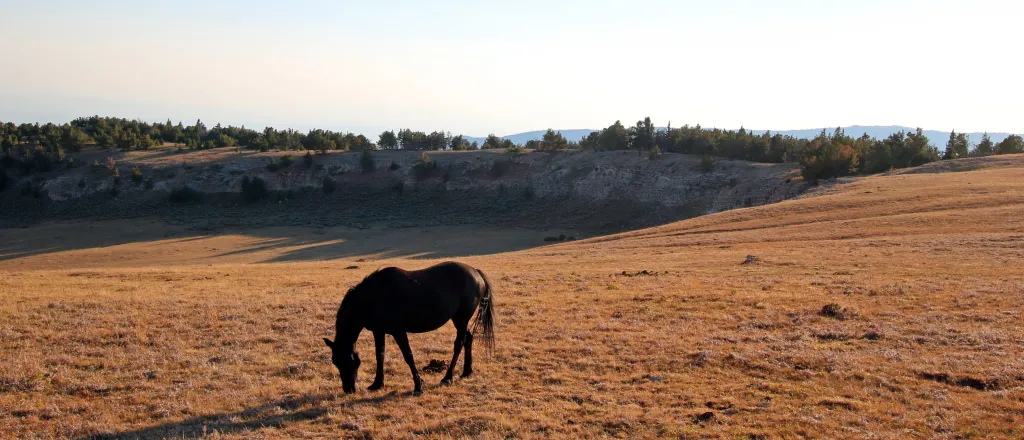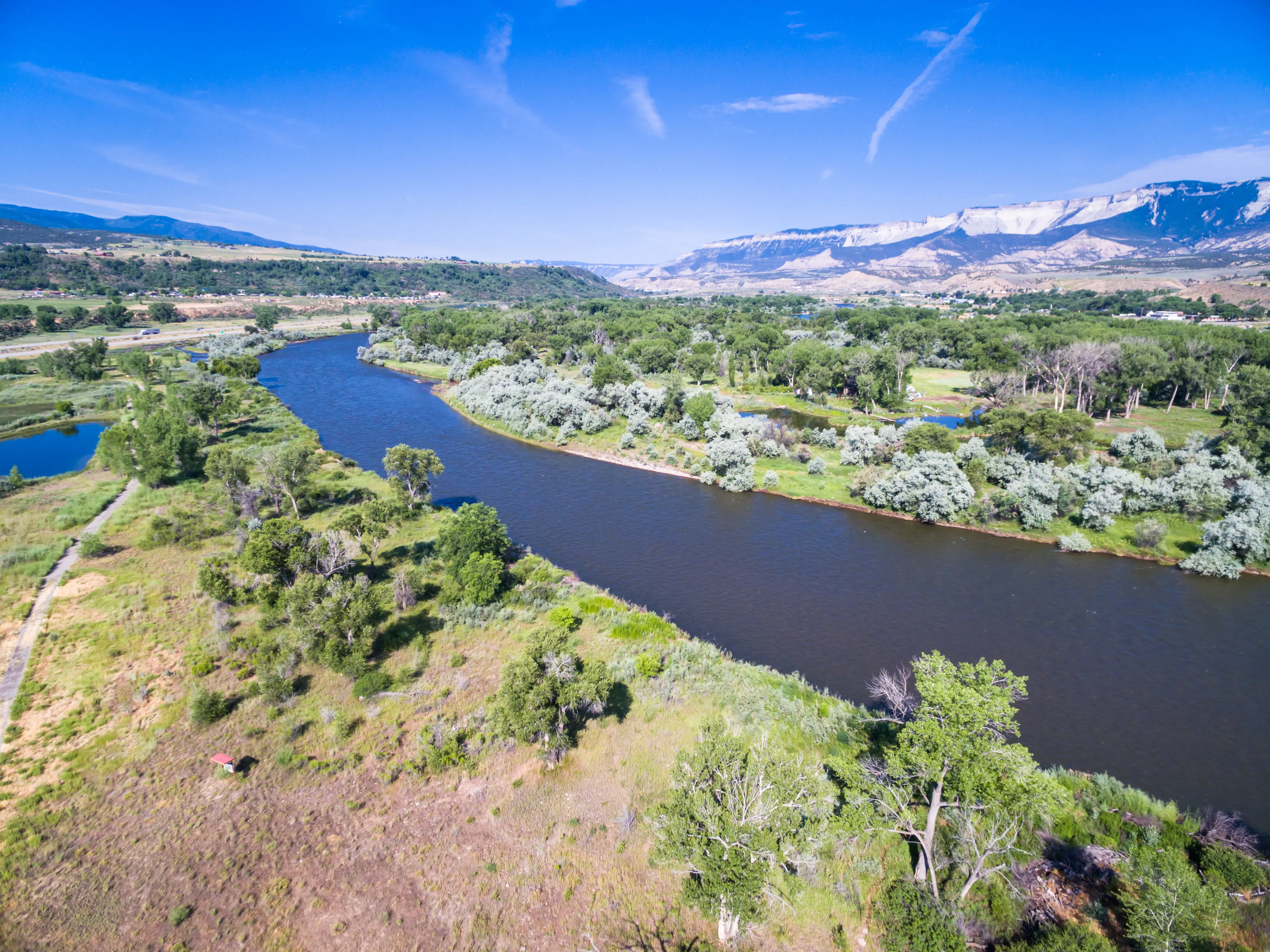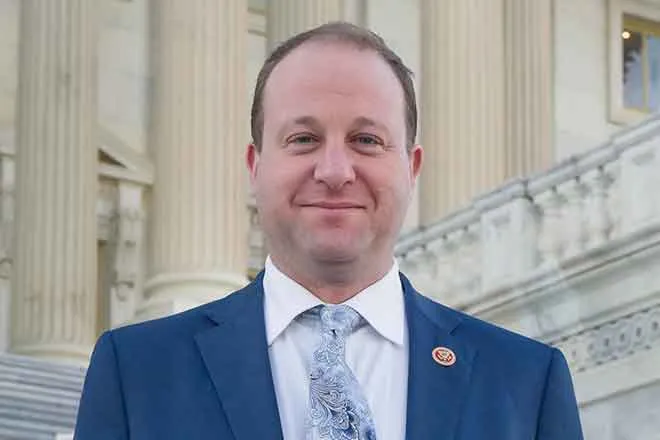
Comment period open for BLM fee hike proposal at national monument in western Colorado
By Derek Draplin | The Center Square
The federal agency that manages a national monument in western Colorado is seeking comment on a proposal to hike its entry fee.
The U.S. Bureau of Land Management wants to raise the entrance fee to Canyons of the Ancients National Monument from $3 per visitor to $6. The agency says it would be the first raise since the monument was established in 1988.
The monument sits on 176,000 acres in southwestern Colorado bordering Utah and contains thousands of archaeological sites that were once inhabited by ancient Puebloan Native Americans.
The BLM estimates that the change would provide $41,000 a year in additional funding for the monument.
Currently fees are only charged eight months out of the year, and the average annual revenue from those fees in the past few years has been $17,500, according to a draft proposal from the BLM.
“The average fees for an adult at similar regional attractions ranges from $8.56 to $10.31,” the draft says.
The increased funds would contribute to hiring more seasonal staffers and go towards “completing special exhibits, improving existing trailheads, stabilizing developed pueblo sites and updating the main exhibit hall.”
The deadline for submitting comments on the proposal is Nov. 29, the agency said.
The BLM did not respond to inquiries about the monument’s deferred maintenance costs.
The four federal agencies that manage land – the BLM, U.S. Fish and Wildlife Service, the National Park Service, and the U.S. Forest Service – have a collective $19.38 billion in deferred maintenance costs, which are maintenance costs that have been postponed due to budgetary constraints.
A report released last week by the Center for Western Priorities suggests establishing a “Conservation Trust Fund” that would take revenue from increased oil and gas development royalties and taxes on outdoor recreation equipment, among other policies, to help reduce deferred maintenance costs on public lands.
















